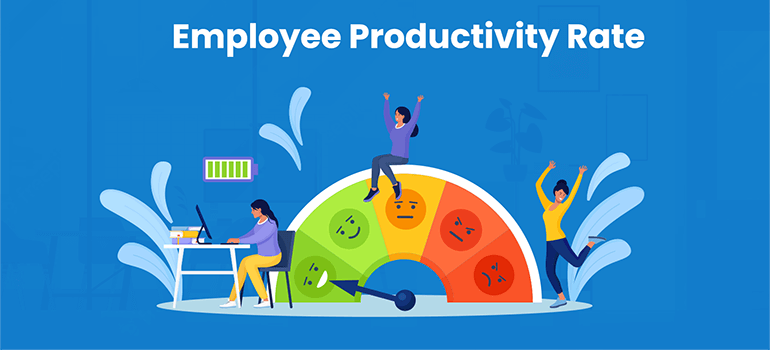Table of Contents
ToggleThe concept of taking a vacation time can often feel counterproductive. Many employees believe that continuous work equates to higher productivity. However, numerous studies and expert opinions suggest otherwise. Taking vacation time is not only beneficial but essential for maintaining and enhancing productivity.
Day Off
The #1 tracker for your team’s PTO, vacations and absences, Day Off will help you track your team’s leaves and absences in one place. In seconds you will set up your leave policies, approval workflow and enjoy a unique experience. The “Day Off” app concept revolves around providing users a platform to manage their personal, sick, and vacation days more effectively. features aimed at both individual employees and organizations.
- Employees can track their balances up to date information about their available time off.
- You can add unlimited numbers of employees.
- Supports various leave types (e.g., annual, sick, maternity/paternity leave) and Supports Days and Hours balance, you can add unlimited numbers of leave types and leave policies.
- You can Customize week starting day settings according to your company’s operational days.
- Setting up public holidays specific to your country or region, by importing holidays from Google.
- The app can integrate with ( Slack, Google Kalender, Outlook Calendar and Teams)
- Supports Accruals & Carry overs.
1. Mental and Physical Rejuvenation
Constant work without adequate breaks can lead to burnout, a state of emotional, physical, and mental exhaustion caused by prolonged stress. Vacation time allows employees to disconnect from their work environment, providing much-needed rest and relaxation. This break helps in rejuvenating the mind and body, leading to improved mental clarity and physical health.
2. Enhanced Creativity and Problem-Solving Skills
Stepping away from daily work routines and immersing oneself in a different environment can significantly boost creativity. A change of scenery and new experiences stimulate different parts of the brain, fostering creative thinking and innovative problem-solving skills. When employees return from vacation, they often bring fresh perspectives and ideas that can drive business success.
3. Improved Focus and Efficiency
Continuous work can lead to diminishing returns, where the quality of work decreases despite the effort put in. Regular breaks, especially extended ones like vacations, help reset the brain. This reset improves focus and efficiency upon return. Employees are likely to work smarter and more effectively after a period of rest.
4. Better Work-Life Balance
Vacation time plays a crucial role in maintaining a healthy work-life balance. It provides an opportunity for employees to spend quality time with family and friends, pursue hobbies, or simply relax. This balance is essential for long-term job satisfaction and overall well-being. Employees who achieve a good work-life balance are generally happier, more motivated, and less likely to experience burnout.
5. Reduced Stress Levels
Chronic stress is a major productivity killer. It affects cognitive functions, decision-making abilities, and overall performance. Vacation time serves as a stress-relief mechanism. A break from the regular work routine allows employees to decompress and return with a refreshed mind, ready to tackle challenges more effectively.
6. Boosted Morale and Employee Engagement
Organizations that encourage taking vacation time often see higher levels of employee morale and engagement. When employees feel that their well-being is valued, they are more likely to be committed to their roles and the organization. This increased engagement leads to higher productivity, better team collaboration, and a more positive work environment.
7. Prevention of Burnout
Burnout can have severe consequences, including decreased productivity, increased absenteeism, and higher turnover rates. Regular vacations are a preventive measure against burnout. By ensuring that employees take time off to recharge, organizations can maintain a healthier and more productive workforce.
8. Strengthened Employer-Employee Relationships
Supportive vacation policies can strengthen the relationship between employers and employees. When employees feel that their need for rest is acknowledged and respected, it fosters loyalty and trust. This positive relationship can lead to higher retention rates and a more harmonious workplace.
Conclusion
Taking vacation time is not a luxury but a necessity for sustained productivity. It benefits both employees and employers by enhancing creativity, focus, and overall well-being. Encouraging and facilitating regular breaks can lead to a more motivated, efficient, and loyal workforce. Organizations that recognize the importance of vacation time are likely to see long-term gains in productivity and employee satisfaction. Therefore, it’s time to embrace the power of taking a break and reap the benefits it brings to the workplace.
